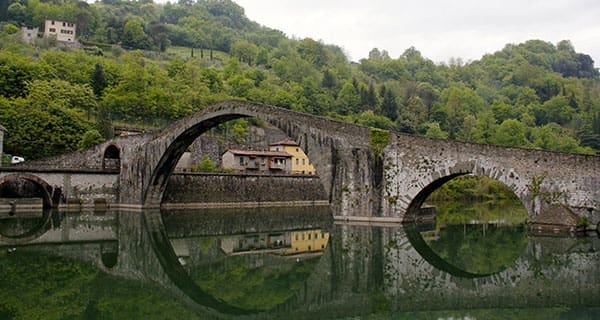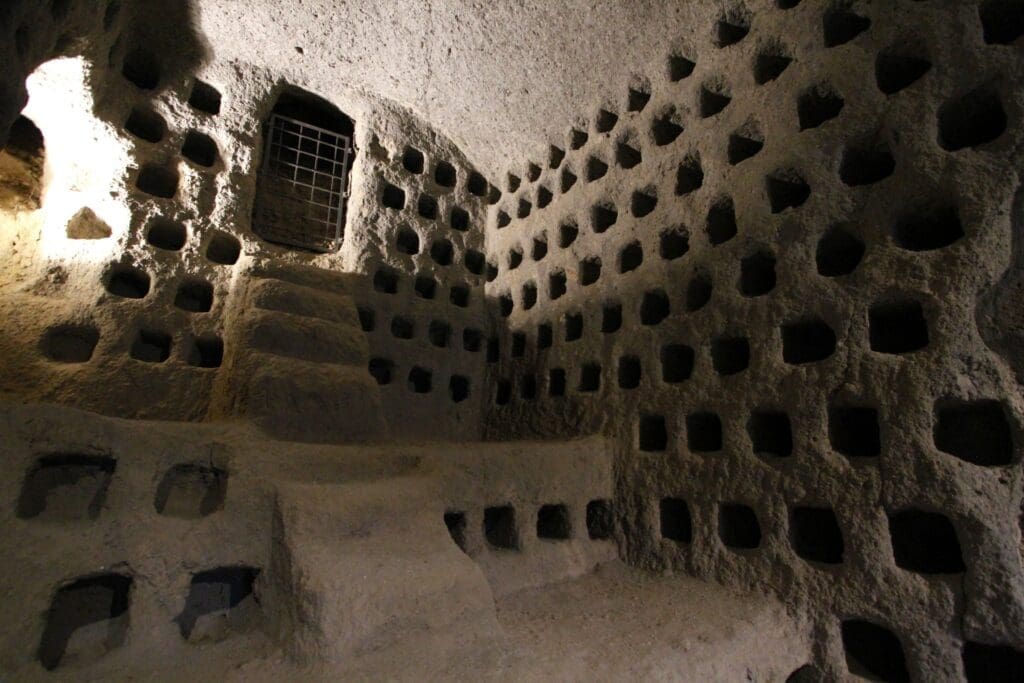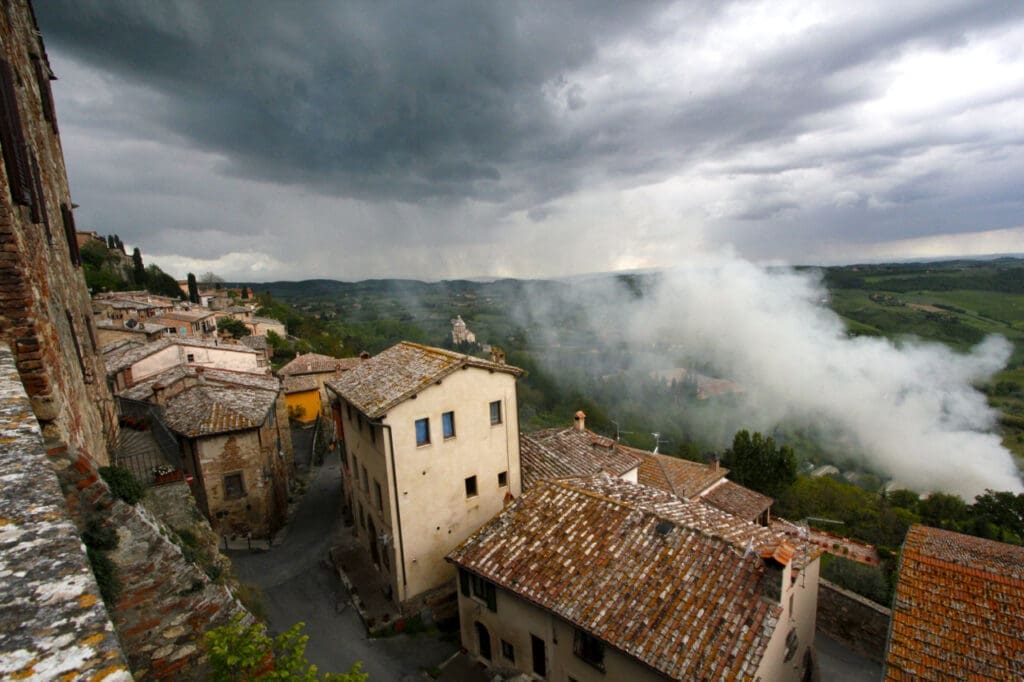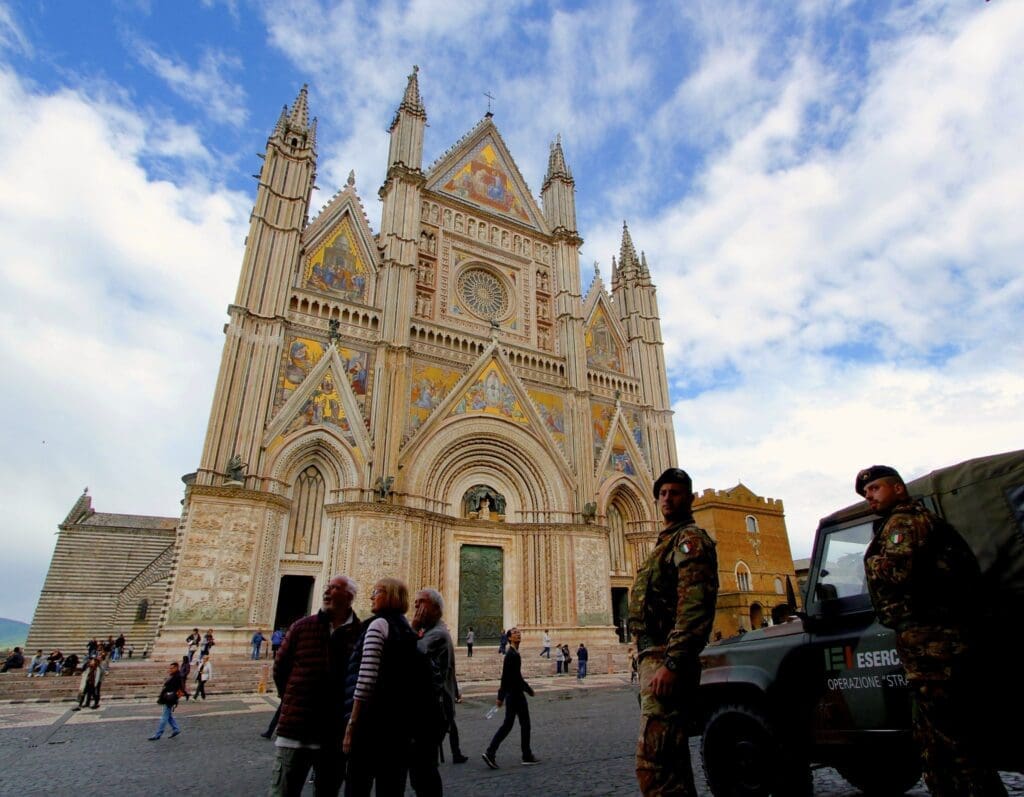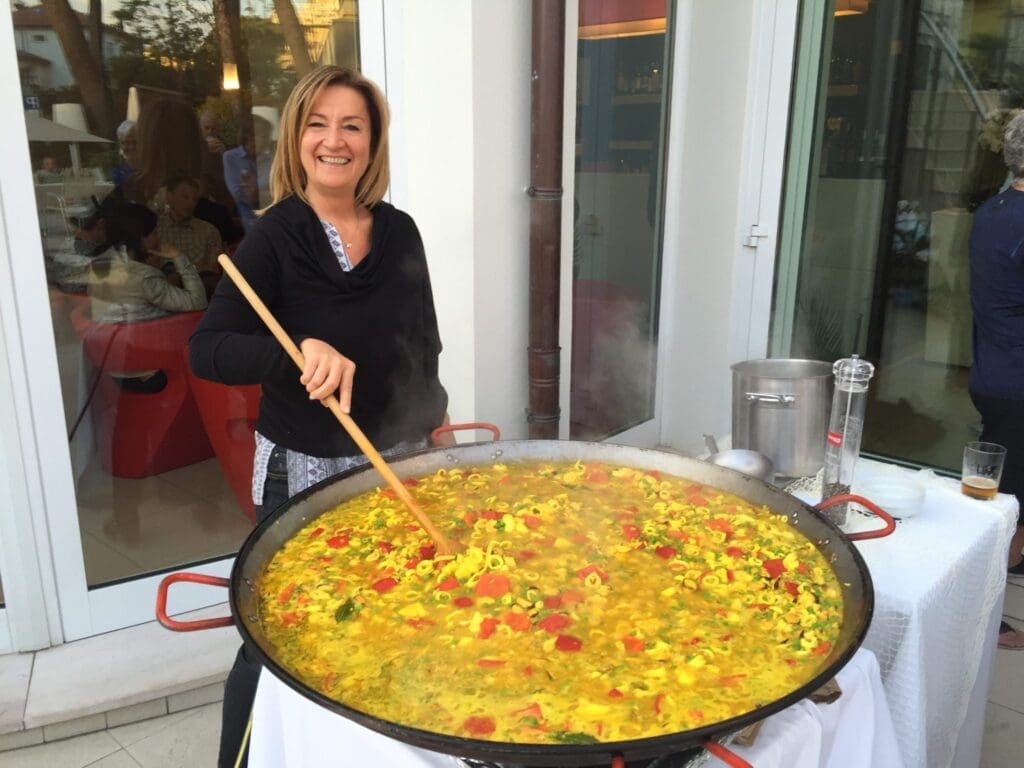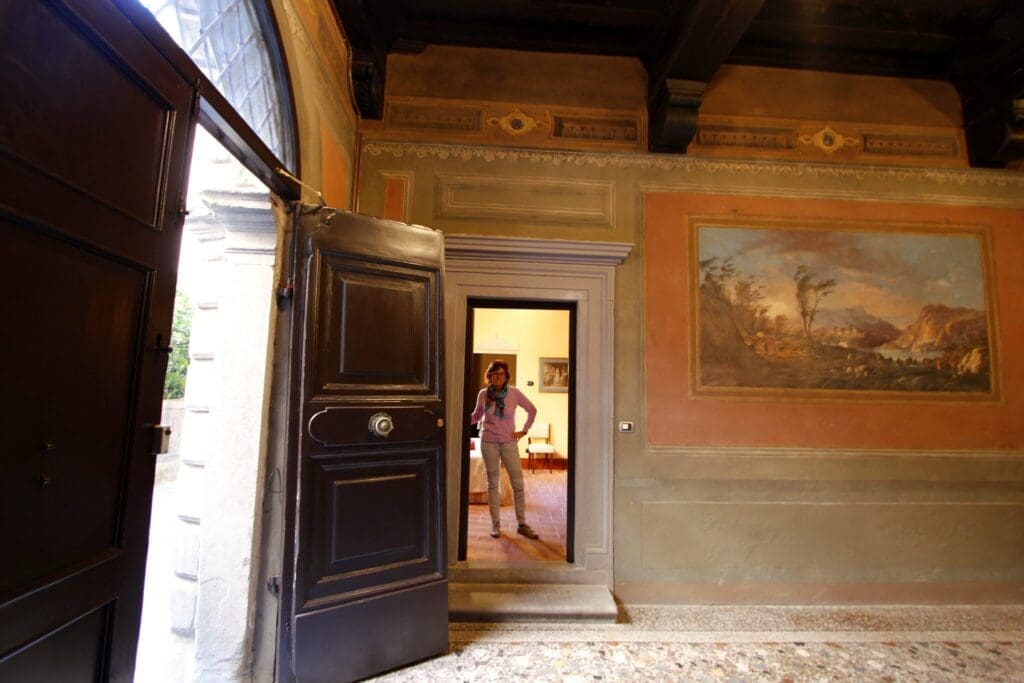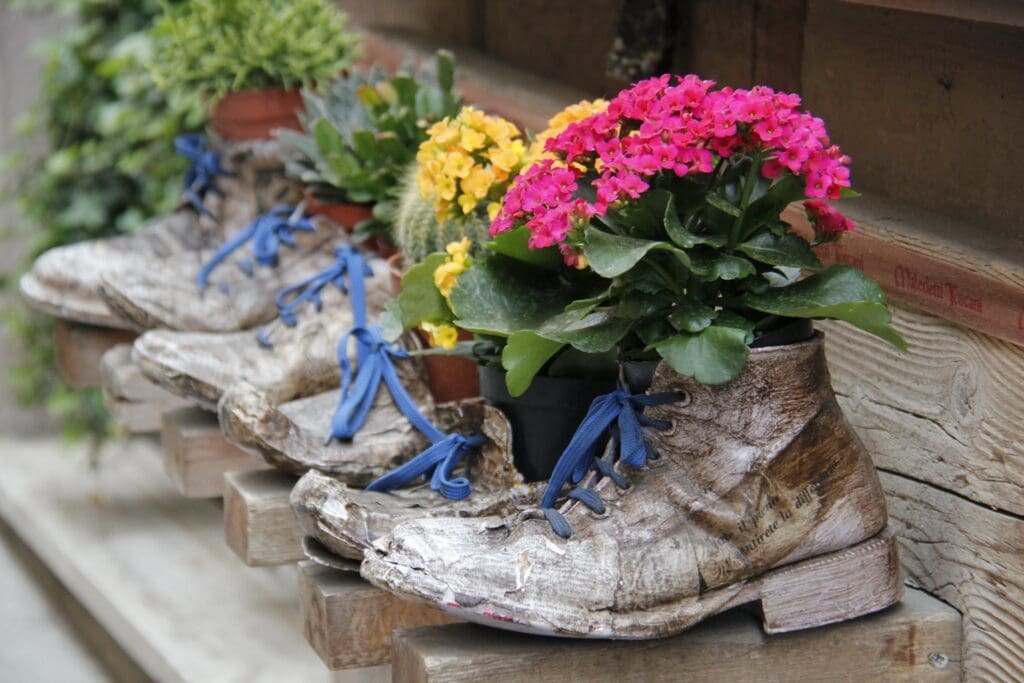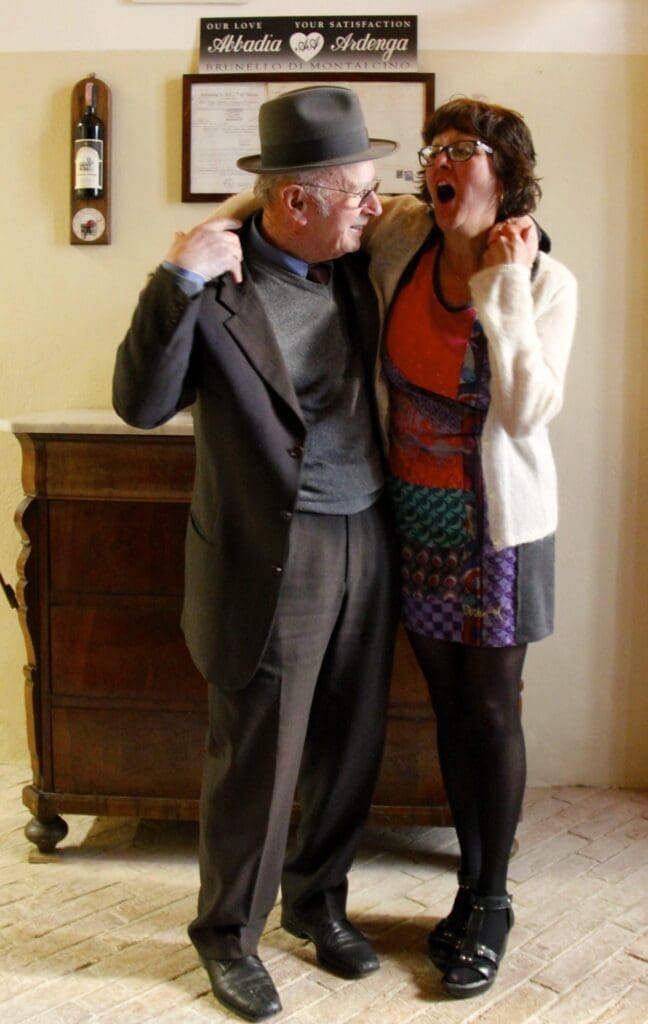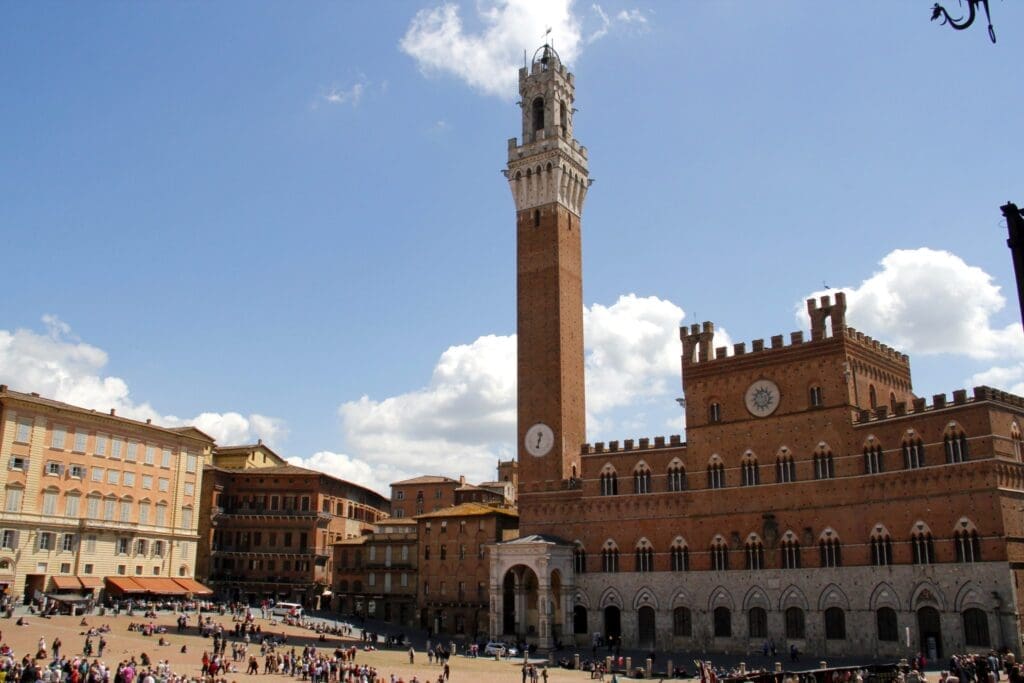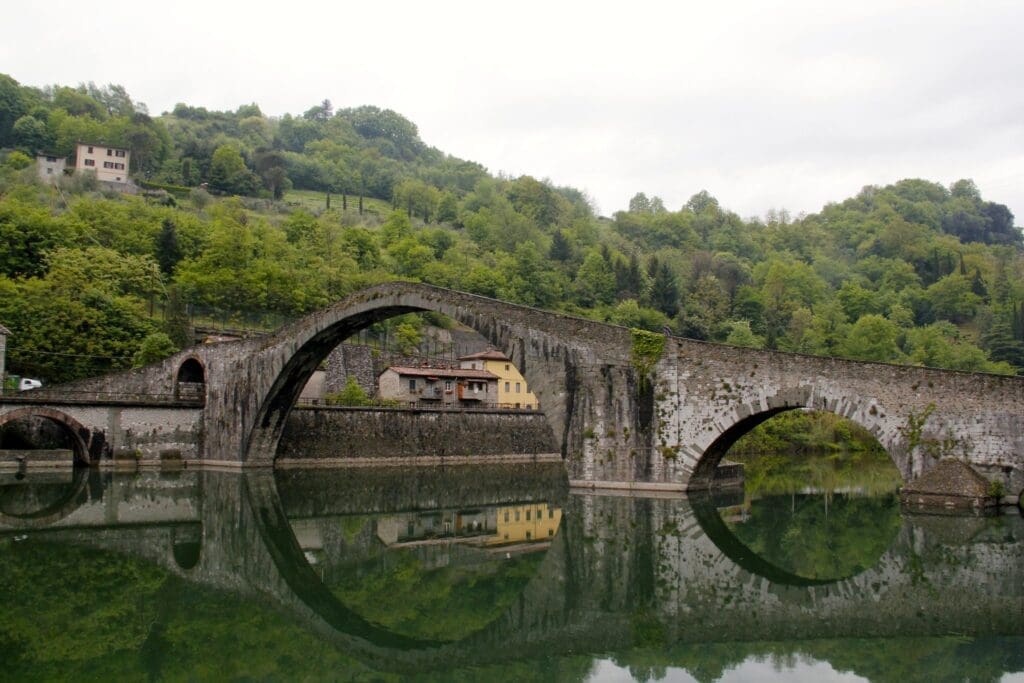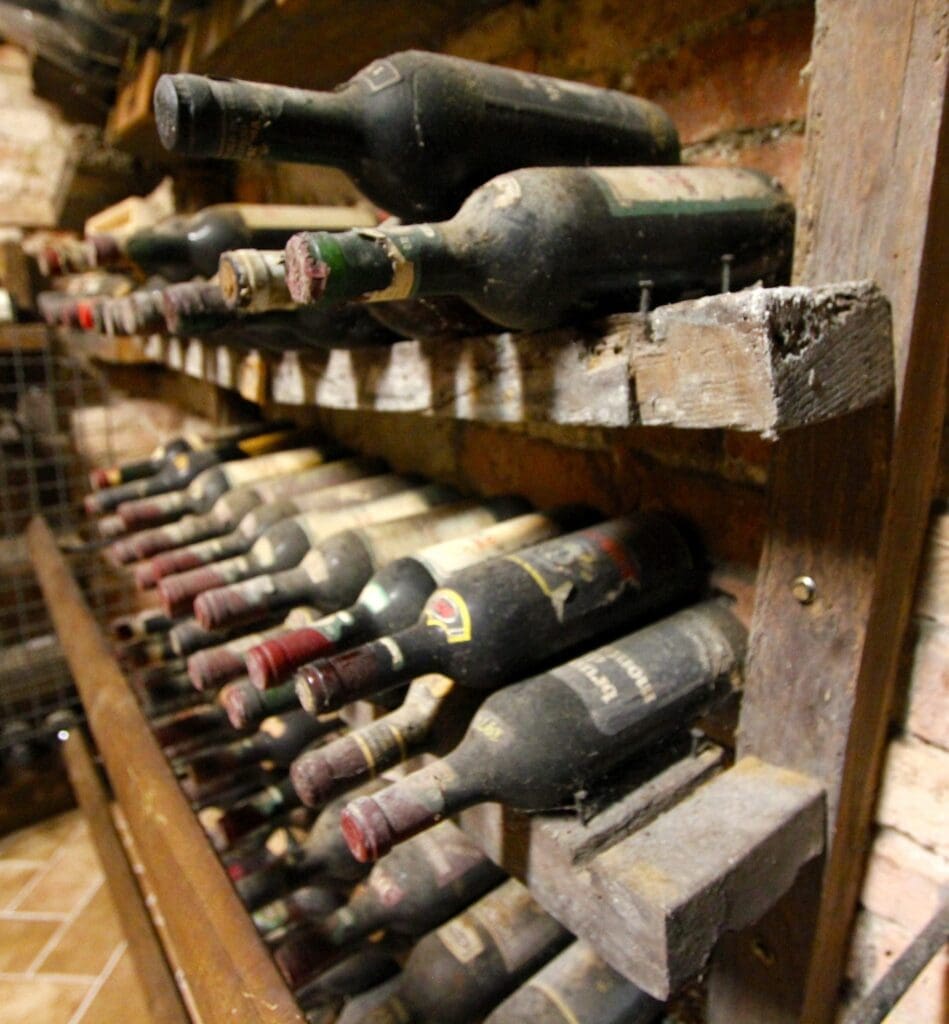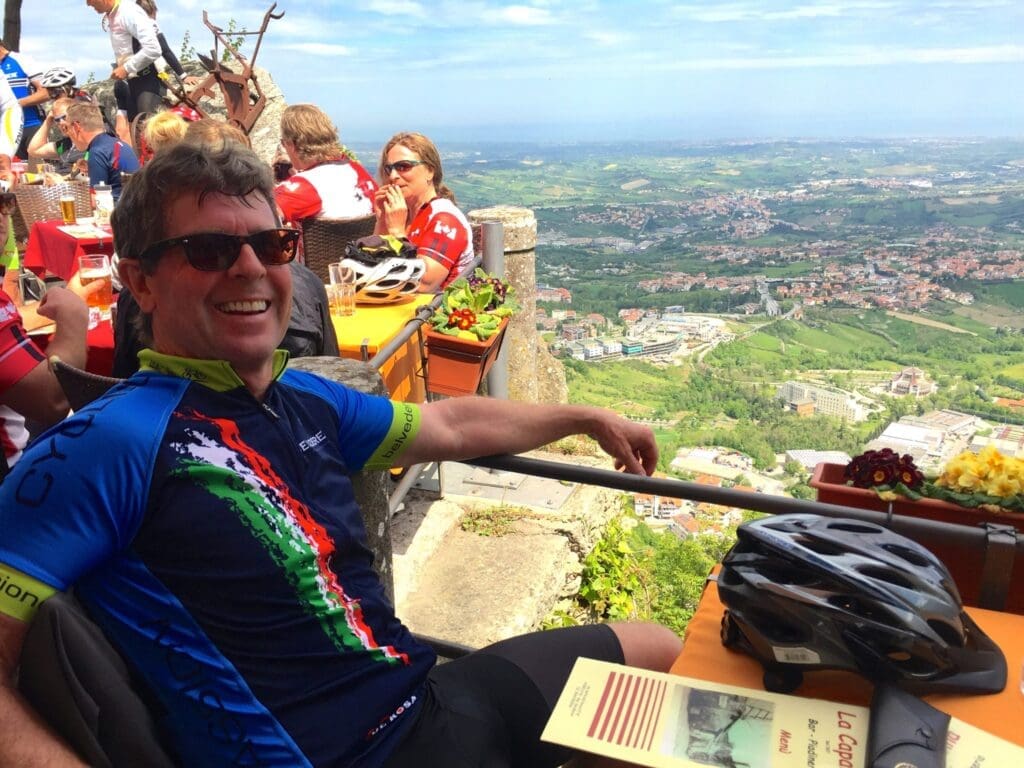 The Most Serene Republic of San Marino is located in the middle of Italy. At 62 square km, it’s one of the smallest nations in the world. Although only a few dozen kilometres from Italy’s Adriatic Coast, San Marino’s summit is almost 800 metres above sea level. And crowning this mountainous micro-state is the medieval Fortress of Guaita. My destination.
The Most Serene Republic of San Marino is located in the middle of Italy. At 62 square km, it’s one of the smallest nations in the world. Although only a few dozen kilometres from Italy’s Adriatic Coast, San Marino’s summit is almost 800 metres above sea level. And crowning this mountainous micro-state is the medieval Fortress of Guaita. My destination.
But I wasn’t looking up. My head was down, focused on my churning bicycle pedals and the relentless climb up a twisting cobblestone road.
What was I doing here? I’m not even fond of biking.
I needed the exercise. We had been in Italy for almost two weeks and had yet to actually earn any of the fabulous meals we had devoured.
It was a tough three-hour slog to San Marino’s pinnacle – but an easy glide back down to the coastal town of Riccione and Hotel Belvedere, where we were ensconced for four nights. The Belvedere is a biker’s hotel. Marina Pasquini, the proprietress, is a dynamic, effervescent woman. Marina exudes the qualities of both caring mother and astute businesswoman. Her staff love her – and feed off her magnetism. This osmotic energy carries through to the guests, who are treated like family.
Marina is a wonderful cook. So after a gruelling 70-km ride, I felt justified in accepting a second helping of her remarkable Friday night paella. Marina is also an observant woman (I wouldn’t try stealing any silverware from the Belvedere). When we checked in, she noted I was toting a ukulele:
“Would you like to play at lunch this afternoon? You’ll be biking up to a farmhouse and winery in the hills.”
“I can’t carry the ukulele on my bicycle,” I replied.
“Don’t worry, we can bring it up for you,” she said happily. “It will be wonderful.”
How could I say no?
On the ride up, my wife Florence had bike problems. Her chain kept falling off. Our guide Dani-boy was nonchalant and pleasantly attended to each messy repair. When we arrived at the farmhouse his hands were black with grease.
During lunch, I scoured my brain for an appropriate tune to entertain a group of bicycle aficionados in the Rimini hills of Italy. After a four-course meal, a sweet dolce and plenty of vino di casa, the group was rambunctious. I tentatively plinked the ukulele.
My truncated version of That’s Amore went over well.
Then I recounted Florence’s bike chain maladies by singing (with apologies to the Beatles):
Chain, my baby’s got a tangled-up chain,
And it ain’t the kind, that you can cl-e-e-e-an,
But Dani-boy, fixed her chain for me. Yeah.
The crowd went wild. Bike enthusiasts can be real nerds.
Dani-boy had a genuine tear in his eye. Despite their hot-blooded temperament, Italians can be surprisingly sentimental.
On our last Belvedere morning, as we checked out, the skies opened up. Disheartened cyclists, decked out in jerseys from around the world, sat and scanned the dreary sky. The ride was off for the day. Rain, steep and narrow roads, zany Italian drivers and overenthusiastic bicyclists do not mix.
Marina was in the foyer to bid us arrivederci, offering a genuine hug – and a request that we soon return.
We were off to Tuscany, the final leg of our month-long stay in Italia. The GPS indicated that our Airbnb in Lucca was three hours away. But as per our usual modus operandi, we took the road less travelled and turned what should have been a short jaunt into a seven-hour odyssey through the twisting, narrow country roads and unsurpassable beauty of Tuscany.
I enjoyed driving in Italy. Despite their crazy reputation, I found Italian drivers really get it (unlike some folks piloting cars on Alberta’s highways). I survived a month driving in Italy without incident: no fender-benders on narrow cobblestone streets, no roundabout collisions – and not one Italian offered a gesticulation as to where I might go and procreate.
However, it will be a miracle if the post office doesn’t eventually deliver a slew of photo-radar tickets and one-way street infractions. It’s not an understatement to suggest that compliance with Italian driving laws is impossible. And Italian roads require super-human navigating skills. Florence (and our GPS) performed admirably – we were lost fewer than a dozen times.
When we arrived in Lucca, our hostess met us outside the town walls, helped us park and escorted us to her lovely apartment in the heart of the Old City. (Our Airbnb experience throughout Italy was amazing. Our hosts were uniformly friendly, helpful – and available. Many even stocked the fridge with Italian delights for our arrival.)
One fine afternoon, we signed up for a wine-tasting tour in the famous Brunello region of Montalcino, near Siena. En route, we passed vineyard after vineyard, interrupted only by ancient olive groves. And it seemed every Tuscan hill was topped by an alluring fairy-tale-like village – with stone spires guarding the verdant fields of Italian spring.
Mario Ciacci is the octogenarian who founded and still oversees Abbadia Ardenga winery – although these days Mario’s role seems limited to entertaining customers, dancing with the lady guests and sipping a little of his own beautifully-aged Brunello. He proudly walked us through the vintner’s process – and his priceless cellar – before serving us a simple lunch coupled with a multitude of his Abbadia vintages.
Mario loves making vino, his passion for 60 years. He has a certain – pardon my French – joie de vivre. Mario is also a seasoned salesman: in addition to my traffic tickets, any day now we’re expecting an overseas shipment of Brunello wine.
After three nights in Lucca and four in Siena, we moved on to Orvieto for our final few Italian nights. In each of these towns, the itinerary was simple: explore the narrow, confusing streets of the city core for a day, then hop in the car and tour the surrounding countryside for a couple of days.
All of these walled cities have their unique character but Orvieto is perhaps the most charming – and interesting. Built atop a flat butte of volcanic tuff, the town has remained impregnable for millennia. Its high walls provide a natural defence that could not be breached. The city was also immune to enemy siege. Water was drawn from the ingeniously designed well of San Patrizio and food literally flew in through the windows: the people farmed pigeons. Thus both food and water were readily available without leaving the protection of the fortress.
Orvieto is home to one of Italy’s most striking Gothic cathedrals. The gold-gilded façade of the duomo is spectacular at sunset. And beneath the streets, an ancient labyrinth of tunnels was carved into the tuff, designed for quick escape. (Perhaps flight from this siege-proof city would have been necessary had Orvieto been infiltrated by stool pigeons?)
We’ve been home for some time and the traffic tickets have yet to arrive – but I take solace in the fact that when they do, there will be a hearty glass of Brunello at hand to ease the pain.
If you go: Hotel Belvedere specializes in hosting bike enthusiasts from around the world.
Travel writer Gerry Feehan, QC, is a retired lawyer, avid traveller and photographer, based in Alberta, Canada.
BECOME A TRAVEL LIKE THIS CONTRIBUTOR. Contact us for details.
© Travel Like This
The views, opinions and positions expressed by columnists and contributors are the author’s alone. They do not inherently or expressly reflect the views, opinions and/or positions of our publication.

